Introduction:
Are you aware of the harmful effects of using technology before going to bed? This article will discuss how technology impacts our sleep. We will provide tips on avoiding these consequences. By the end of this article, you will better understand how technology affects your ability to get a good night’s sleep and how to avoid it.
Have you ever wondered why our dreams are like magical movies? Those who walk in dreams while sleeping. Imagine stepping into a world of castles, dragons, and talking animals—it’s like our bedtime adventure! But did you know what we do before bed significantly impacts our sleep quality and dreams?
New technology is trying its best to benefit humanity and make life easier. But on the other hand, it has had so many effects on human health. As technology is increasing daily. It is also affecting our ability to sleep.
Imagine this: you are ready to sleep in bed; you have done all the preparations you need to sleep well. But instead of closing your eyes, you’re busy with your gadgets—smartphones, tablets, and video games. Sounds like fun, right? Well, it’s fun, but did you know that using these cool gadgets before bed can reduce our ability to sleep?
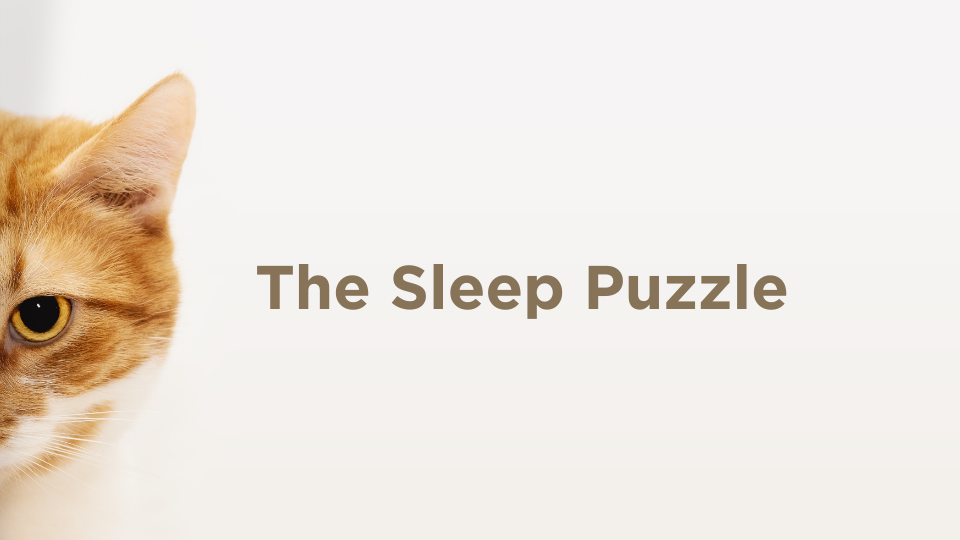
The Sleep Puzzle:
Think of your mind as a conductor orchestrating your sleep. As the sun sets. Your brain signals the production of a magical sleeping potion. It is called “Melatonin”. This particular potion helps you enter the world of dreams. But here’s the twist: Your devices emit “blue light,” a close cousin of sunlight.
This light tricks your brain into thinking that. Day or night, it adds a twist to your sleep plans. This weakens your ability to sleep. You will find this blue light on every electronic device. But don’t worry; we will go into detail about this later. How to avoid this blue light Benefits of deep sleep
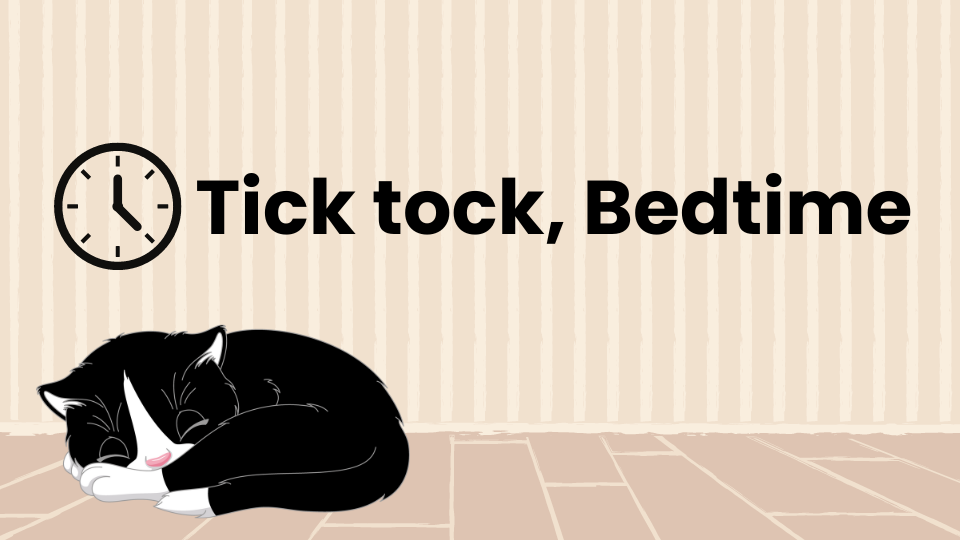
Tick tock, bedtime:
Did you know you have a sleep clock inside you? It’s like a mini alarm that tells you when to go to sleep and get up. But guess what? Too much gadget use before bed can mess up your clock. Your sleep quality goes down when your sleep clock is out of whack. So, due to new technology, people are deprived of enjoying a long sleep at night. And instead of waking up refreshed in the morning, they feel tired and lethargic.
Many people struggle to sleep after using technology for long periods. This leads them to seek medical help. However, a simple solution to this problem is to reduce screen time. And here’s another helpful tip: maintain a specific time limit for technology use. Once that time is up, turn off all devices and focus on sleeping well. This will help you sleep better and feel more rested in the morning.
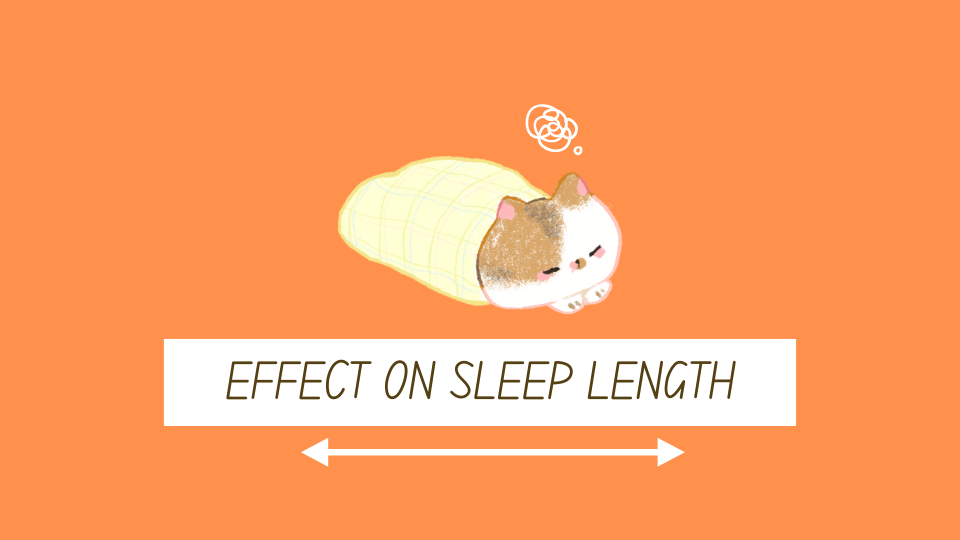
Effect on sleep length:
Due to new technology, the content you get is now much more extensive. You can find many videos on YouTube, Instagram, or TikTok. All these videos are designed in this way. You watch all these things, and you don’t realize that you’ve been watching a video for the last three hours.
Due to the advent of new technology, the content you like is shown to you repeatedly. So now let’s watch it again and again. Which increases the difficulty of sleeping.
A review published in the Journal of Sleep Wellbeing found that extensive screen time before bed was associated with more limited sleep duration and poorer sleep quality in adolescents. So those who complained Earlier, we used to sleep eight to ten hours. But now I get only two to three hours of sleep.
So the main reason for this is that you spend a lot of time looking at the screen. That person has woken up repeatedly at night. He feels tired in the morning and runs around the house, shouting, Where is my coffee?
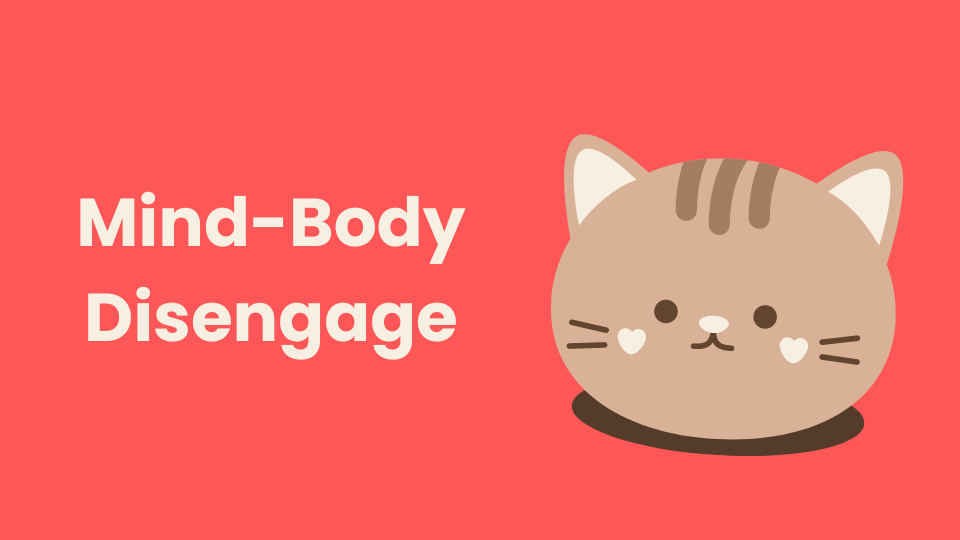
Mind-Body Disengage:
The technology used before bed can keep the mind active, distancing it from the body’s natural signals for sleep. This mind-body disconnect can lead to difficulty falling asleep, even if the body is tired. Moreover, mental engagement from technology use can cause an elevated state of alertness, creating a mismatch between the body’s physiological readiness for sleep and the brain’s level of wakefulness.
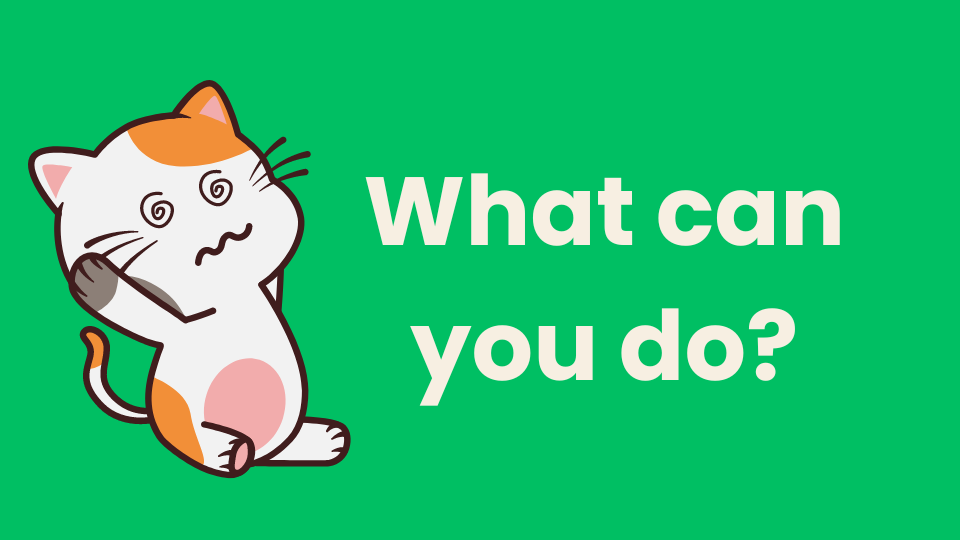
What can you do?
Don’t worry; you don’t have to say goodbye to your devices! Here are some ideas to help you sleep better:
- Dim the lights: Remember to dim the lights as soon as the sun goes down. So dim the glow of all your electronic devices. This feature is found in every electronic device, whether mobile, tablet, computer, or laptop. The reason for putting this feature inside electronic devices is to protect you from blue light. By doing this, your brain won’t think it’s daytime.
- Sleep Time Zone: Sleep time zone, You go to any doctor. They never tell you to get away from all your devices. Instead, they advise you to remove all your electronic devices from you about one, two, or three hours before going to sleep so that your body can relax your mind.
- Book Time: Book time, Many people think this. If we put our devices away from us a couple of hours ago, What should we do for a couple of hours? The simple answer is this: You should buy a book; it should be a book, whatever it is. It will also help you sleep and increase your knowledge.
- Set a timer: If you want to use the devices, set a timer for about 30 minutes. When the timer goes off, you should put away your devices and prepare for the dream world.

FAQs:
Q1: Can utilizing gadgets with “night mode” settings relieve the effect of blue light?
Indeed, numerous gadgets offer a “night mode” or “blue light channel” that lessens blue light discharge. While this can serve somewhat, it’s as yet prudent to restrict screen time before bed to guarantee ideal sleep conditions. Research has shown that while “night mode” can be gainful, it may not remove the problematic impacts of blue light on “Melatonin” discharge.
Q2: How long before bedtime should technology be kept away from?
In a perfect world, avoiding technology use essentially an hour before bedtime is ideal. This “advanced time limitation” permits the body’s regular Melatonin creation to start, improving sleep quality. All organizations working on sleep agree that putting away screens 30 minutes to an hour earlier is beneficial.
Q3: “Can technology usage at any point affect sleep quality, irrespective of how quickly I fall asleep?”
Yes, using technology can impact the quality of your sleep, even if you fall asleep quickly. It can disrupt different stages of sleep and your body’s natural sleep patterns, making your sleep less restful and refreshing. So, it’s essential to be mindful of technology use before bedtime to ensure better sleep quality.
Methodologies for Alleviating the Adverse Consequence:
Establish a computerized time limitation.
Set a particular time every night when you’ll detach from technology. Utilize this chance to slow down, take part in loosening-up exercises, and set up your psyche and body for sleep. Consider consolidating quieting practices like perusing an actual book, scrubbing down, or rehearsing delicate extending.
Utilize Night Mode:
If you should utilize technology before bed, enact “night mode” or a blue light channel to decrease the effect of blue light on Melatonin creation. While this might help, it’s as yet vital to restrict screen time and participate in non-screen-based exercises during the breeze-down period.
Create a sleep-helpful climate:
Make your room a without technology zone. Keep gadgets far off and put resources into power outage shades; happy with the bedding and a loosening up feel. Establishing a climate that elevates unwinding and indicates to your body that it’s the ideal sleep opportunity can further develop sleep quality
Prioritize Sleep Cleanliness:
Lay out a steady sleep plan by hitting the sack and awakening at similar times daily. Avoid caffeine and weighty dinners near bedtime, as these can obstruct the body’s capacity to slow down. Furthermore, captivating in a quieting pre-sleep normal, for example, rehearsing reflection or profound breathing, can indicate to your body that now is the ideal time to progress to sleep mode.
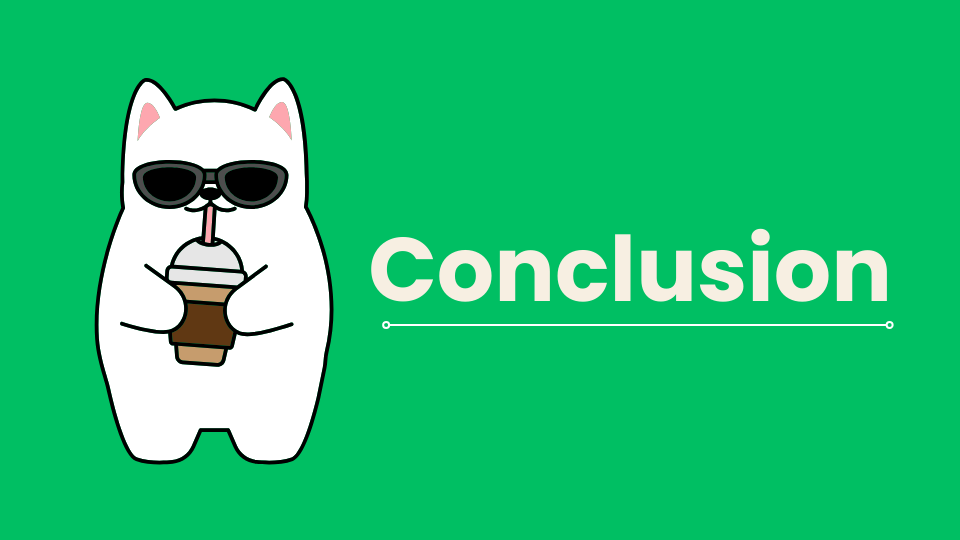
Conclusion:
Adjusting Technology and Peaceful Evenings
In an undeniably computerized world, finding harmony between technology use and solid sleep rehearses is fundamental. While technology offers various advantages, its ability to disturb sleep should be considered carefully. By perceiving the effect of blue light, mental excitement, and decreased sleep term brought about by technology utilization before bedtime, people can find proactive ways to encourage better sleep quality.
Executing a computerized time limitation, embracing sleep-accommodating propensities, and establishing a serene sleep climate guarantees that technology doesn’t think twice about valuable long stretches of supportive sleep. In the mission for a decent night’s rest, careful technology use is a strong partner that can add to improved prosperity and, in general, essentialness.

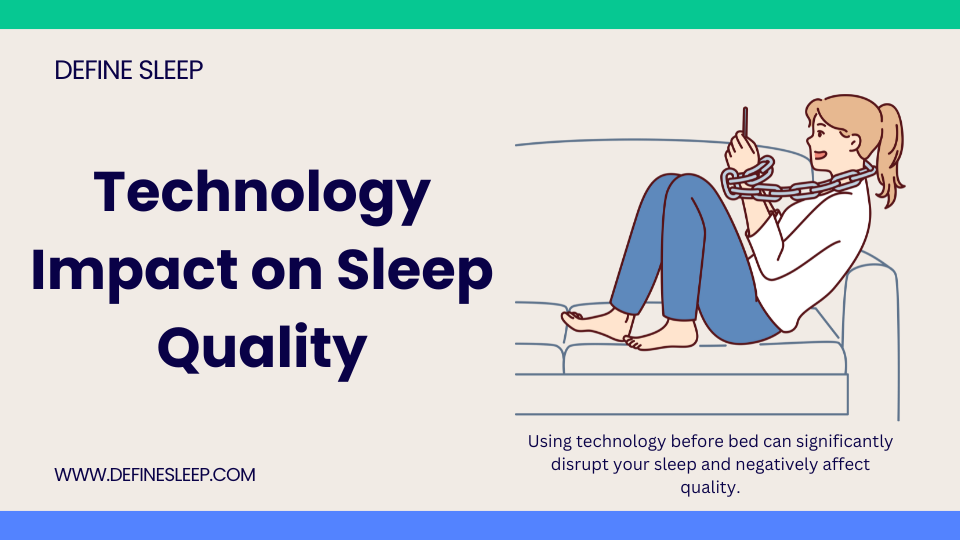

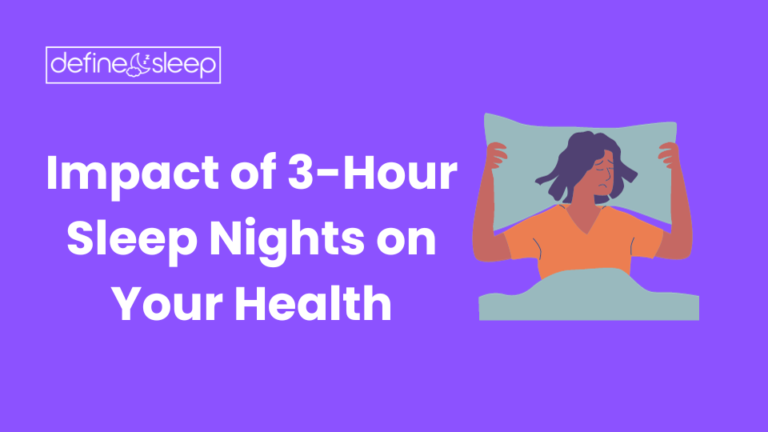
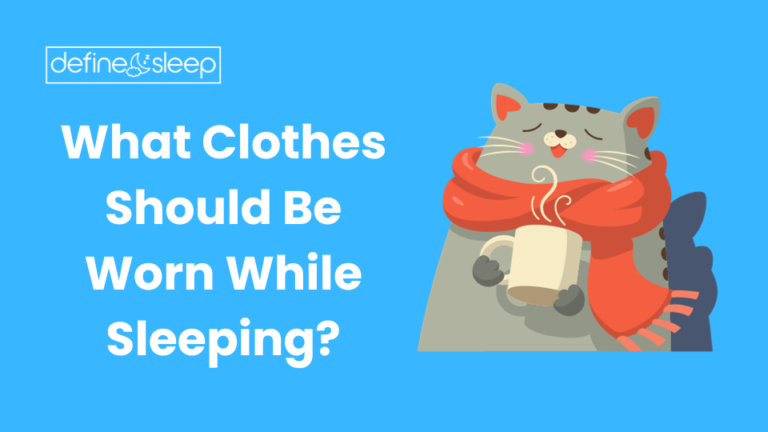
Pingback: Can a person die due to lack of sleep? Let's Explore - Define Sleep
Pingback: Is 4 Hours of Sleep Enough for a Person?
Pingback: 7 best Psychological Tips to Transform Your Nights
Pingback: Hack Your Bedtime for Improved Sleep Quality
Pingback: Can a bedtime routine positively impact sleep quality? - Define Sleep